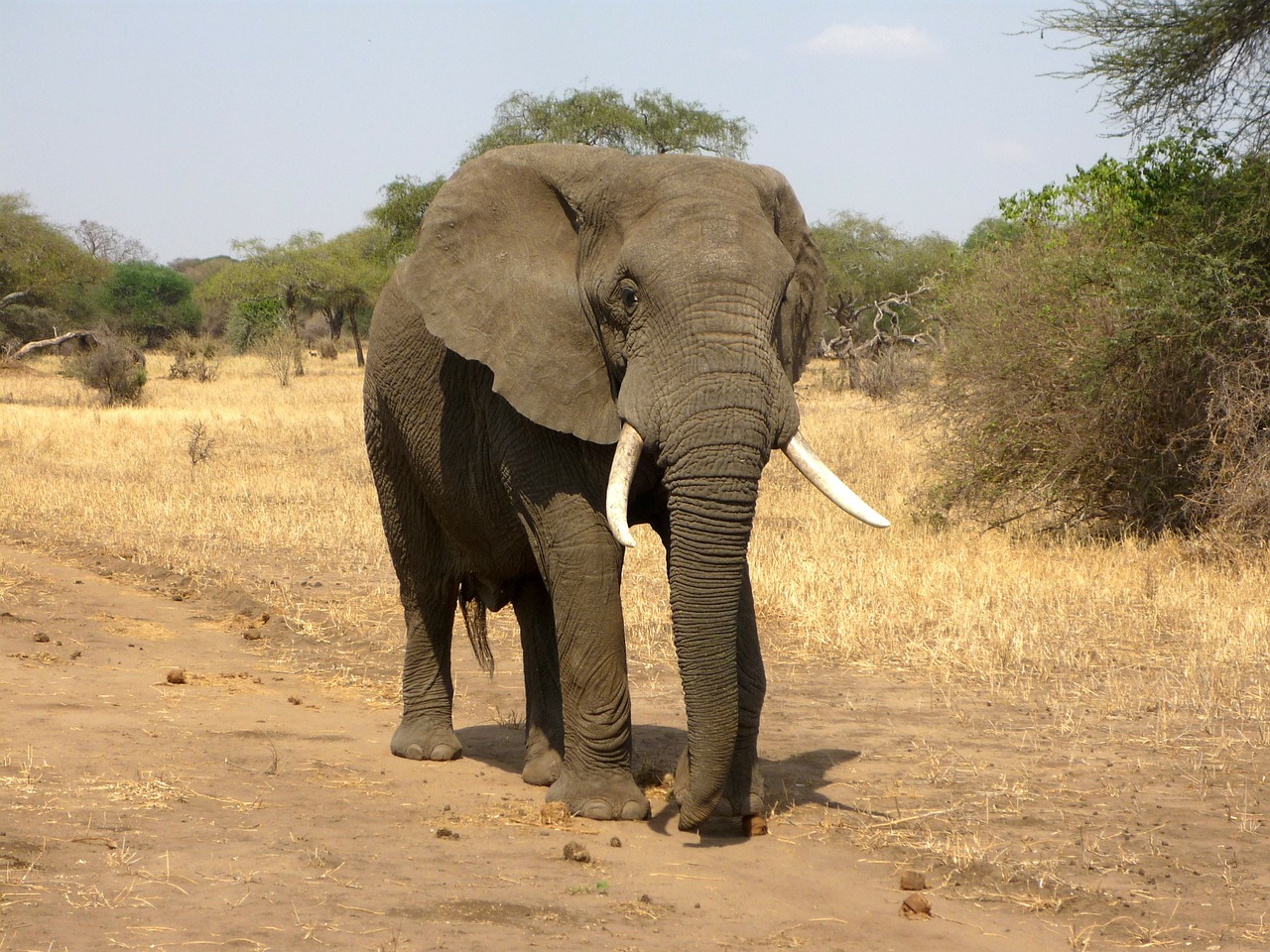
The illegal wildlife trade is booming in West Africa, also due to a lack of investment in financial investigations. That was the result of a study published today by the UK’s Royal United Services Institute, a defense and security think tank.
None of the twelve countries surveyed in the region routinely conduct financial searches for illegal wildlife finds. In addition, the authorities have very little knowledge of the financial methods used by smugglers.
According to the study, West Africa has therefore developed into an important hub in the global illegal wildlife trade. Smuggling has shifted westward due to increased awareness, increasing penalties and increased searches for hotspots in East Africa such as Kenya and Tanzania.
„The relocation (to West Africa) is being driven by a strong combination of weak law enforcement capacity, well-connected transportation systems and endemic corruption,“ said lead author of the report, Alexandria Reid.
Transshipment point Nigeria
According to the United Nations Office for Drugs and Crime (UNODC), West Africa’s economic powerhouse Nigeria has become the world’s most important transshipment point for ivory and pangolin scales.
In 2019 alone, at least 51 tons of confiscated pangolin scales came from Nigerian ports – half of all finds worldwide, compared to just two tons four years earlier, according to UNODC. The consequences for endangered species like elephants and pangolins (pangolins) are devastating.
Wildlife smuggling is the fourth largest form of illicit trafficking in the world after weapons, drugs and human trafficking. According to the UN Food and Agriculture Organization (FAO), it amounts to between seven and 23 billion US dollars (5.8 to 19 billion euros) per year.



